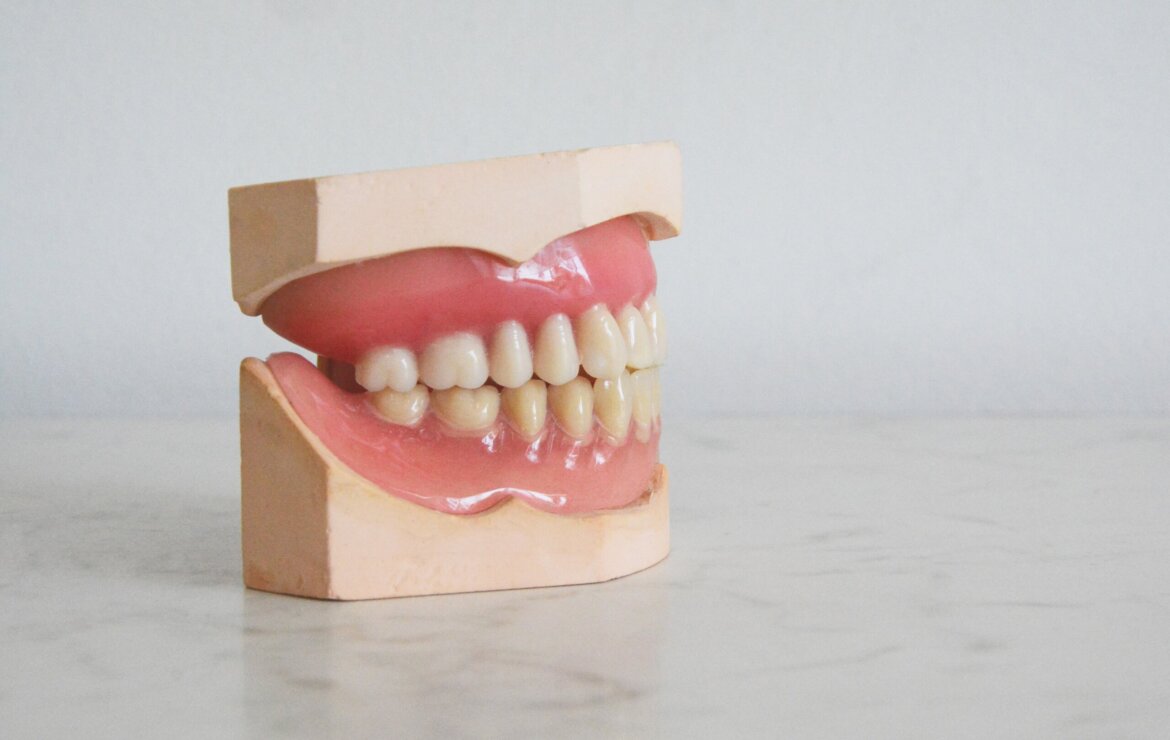Tooth Loss Correlated with Memory and Cognitive Impairment

Oral health has long been associated with systemic health issues like heart disease. However, emerging research has also shed light on a potential correlation between tooth loss and cognitive impairment. Clinical studies have revealed compelling evidence that loss of occlusal support, the contact between upper and lower teeth during biting and chewing, may contribute to memory impairment and cognitive decline, and even be correlated with neurodegenerative diseases.
Several clinical studies have examined the link between tooth loss and cognitive impairment. Explore the papers below to learn more.
While the exact mechanisms underlying the correlation between tooth loss and cognitive impairment are not yet fully understood, these findings highlight the importance of maintaining good oral health, addressing tooth loss promptly, and preserving the teeth.
Regular dental care, including preventive measures and timely restorative treatments, may help preserve occlusal support and potentially reduce the risk of cognitive decline.




